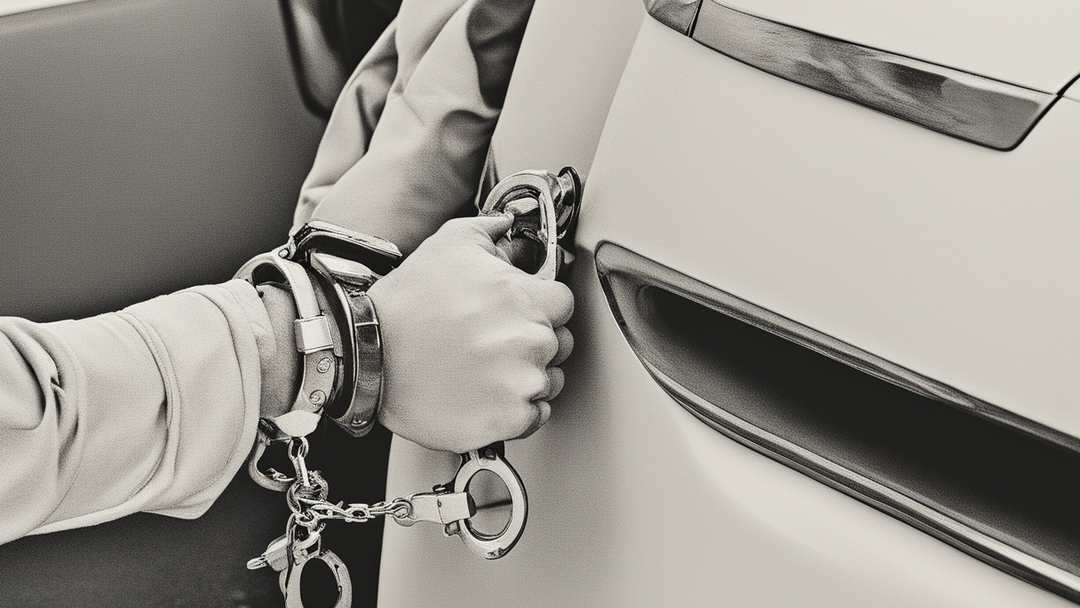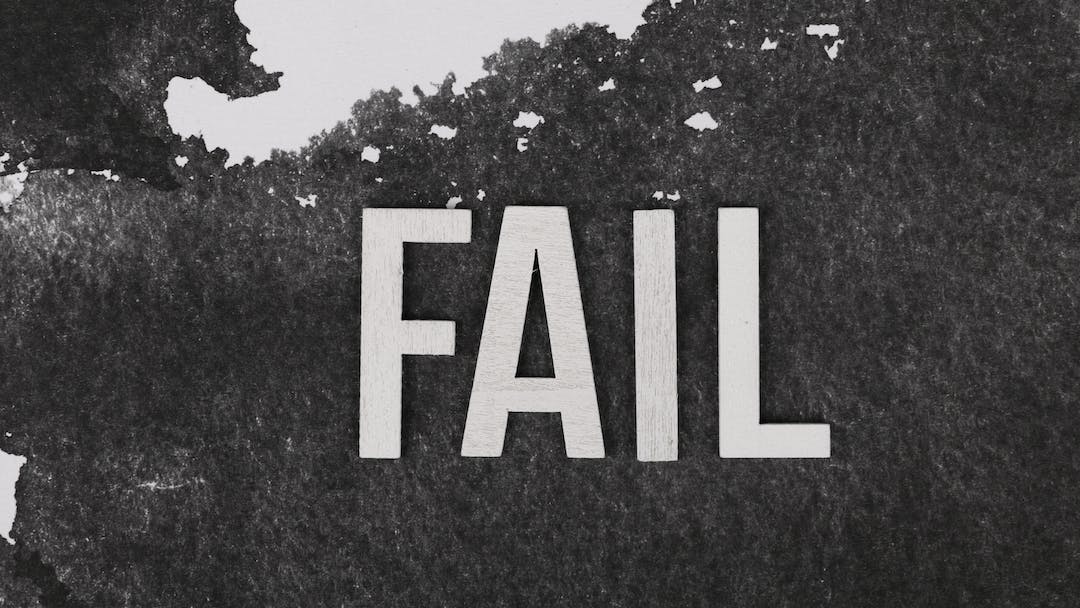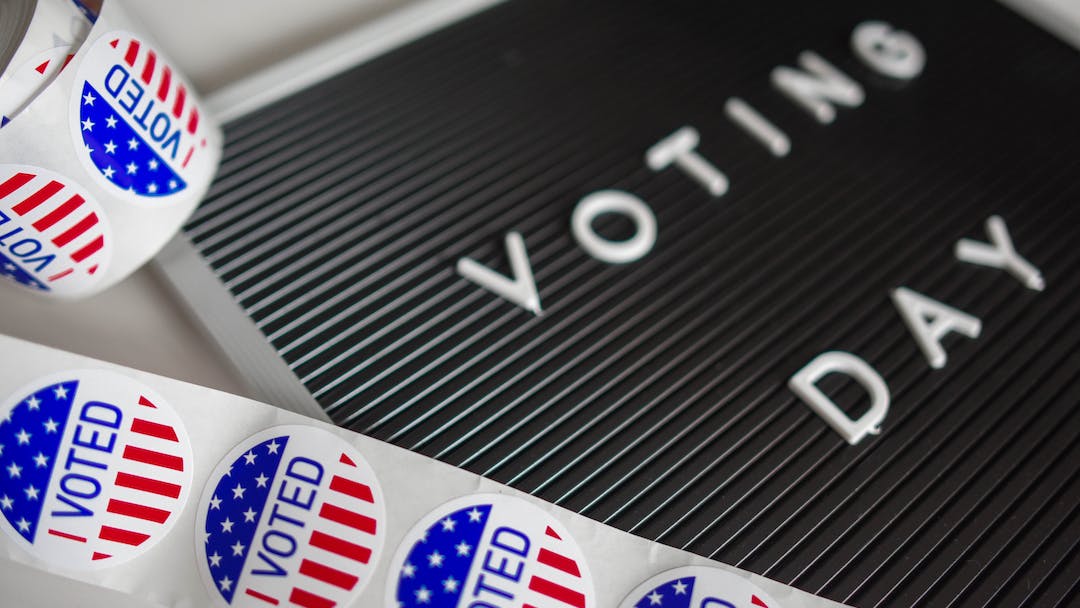Understanding the Foundation: A Summary of Michigan Rules of Evidence 401-411
The Michigan Rules of Evidence (MRE), specifically Rules 401-411, lay the groundwork for what evidence can be presented in court and how it might influence the outcome of a case. This article aims to provide a clear and concise overview of these foundational rules, drawing from the Michigan Rules of Evidence Handbook.
Rule 401: Test for Relevant Evidence
This rule is the cornerstone of admissibility. Evidence is considered relevant if it “has any tendency to make a fact more or less probable than it would be without the evidence” and the fact itself is “of consequence in determining the action.”
In simpler terms, relevant evidence helps make the case for or against a party through its connection to the underlying issues.
Rule 402: General Admissibility of Relevant Evidence
As long as evidence doesn’t run afoul of the Constitution, the Michigan Rules of Evidence, or other legal principles, relevant evidence is generally admissible. This rule reinforces the notion that all pertinent information should be considered by the court to reach a just decision.
Rule 403: Excluding Relevant Evidence for Prejudice, Confusion, Waste of Time, or Other Reasons
Even relevant evidence can be excluded if its potential for harm outweighs its probative value.
This means the court may decide not to allow evidence if it:
- Is unfairly prejudicial towards a party, creating undue sympathy or animosity.
- Confuses the jury or distracts them from the main issues of the case.
- Wasted time due to being repetitive or unnecessary.
- Presents cumulative evidence, meaning similar points have already been established.
Have your rights been violated?
Have your driving priviledges been revoked?
Has your professional license been suspended?
Have you been charged with a crime?
Call our office to see if we can help
Komorn Law 248-357-2550
Beyond the Basics: Rules 404-411
While Rules 401-403 establish the core principles of evidence admissibility, the subsequent rules delve deeper into specific types of evidence.
These include:
Character Evidence: Rules 404-410 limit the use of character evidence to prove or disprove an act on a particular occasion. Exceptions exist for specific situations, such as in criminal cases where self-defense is an issue.
Habit and Routine Evidence: Rule 406 allows evidence of a person’s habit or routine to be admitted if it’s relevant to an issue in the case.
Similar Occurrences: Rule 407 governs the admissibility of evidence of similar occurrences, generally excluding them unless they are highly probative of a specific issue.
Compromise and Offers to Compromise: Rule 408 limits the admissibility of compromise negotiations to prevent chilling settlements and encourage open communication.
Inadmissibility of Pleas, Plea Discussions, and Related Statements: Rule 410 protects defendants from having their withdrawn pleas or plea discussions used against them in certain legal proceedings.
Liability Insurance: Rule 411 generally prevents the use of evidence of liability insurance to prove or disprove negligence, though exceptions exist for other purposes like establishing agency or ownership.
Understanding the nuances of these rules is crucial for anyone involved in the legal system, from judges and attorneys to litigants and legal scholars. The Michigan Rules of Evidence Handbook provides a comprehensive guide to navigating these complexities, ensuring fair and just outcomes in Michigan’s courts.
Important:
This article provides a simplified overview of the Michigan Rules of Evidence for informational purposes only. It should not be interpreted as legal advice. When facing legal matters, always consult with a qualified attorney for professional guidance.
The Michigan Rules of Evidence are subject to change over time. Always consult the latest official version for accurate information.
Here is the link to the Michigan Rules of Evidence Handbook. Check the footer for the latest update.
Related Articles
No Results Found
The page you requested could not be found. Try refining your search, or use the navigation above to locate the post.
More Posts

When Being Questioned by the Police: Can They Lie to You?
When Being Questioned by the Police: Can They Lie to You? Introduction In the United States, police officers are generally allowed to lie to suspects during interrogations. This is a controversial practice, but it has been upheld by the Supreme Court. There are some...

Ohio Bill Introduced to Allow Each City to Ban Marijuana
With just over a week until Ohio’s voter-approved marijuana legalization law takes effect, a lawmaker has introduced a bill that would allow individual municipalities to locally ban the use and home cultivation of cannabis in their jurisdictions. The legislation aims...

Appeals Court – Detroit’s Asset Forfeiture Violates Due Process
A federal circuit judge writes that Detroit's vehicle seizure scheme "is simply a money-making venture—one most often used to extort money from those who can least afford it." A panel of federal appellate judges ruled that Detroit's practice of seizing people's cars...

NEWS RELEASE: USSC Adopts 2023 Amendments
WASHINGTON, D.C. ― Equipped with a quorum of Commissioners for the first time since 2018, the bipartisan United States Sentencing Commission voted today to promulgate amendments to the federal sentencing guidelines. “The Sentencing Commission is back in business,”...

Bad Ranking For Transparency in the Michigan Justice System
by Wes Smith, president, MPA Board of DirectorsPublisher View Newspaper Group When there was a change in leadership in Michigan’s legislature earlier this year, hope rose again in the hearts of citizens who want a more transparent state government. Maybe, it was...

Ohio voters say yes to legal recreational cannabis
Recreational marijuana has been legalized in Ohio as voters overwhelmingly approved State Issue 2 on Tuesday. This groundbreaking decision now enables adults in Ohio to legally experience the advantages of marijuana for recreational purposes. “Marijuana is no longer a...

Smell of Marijuana is Not Enough to Search Your Vehicle or is it?
The Smell of Marijuana and the Court of Appeals Body camera footage is an invaluable resource for courts facing suppression motions, but it rarely serves as a stand-alone source of information about a warrantless search or seizure. Here, the trial court was hamstrung...

Commission Votes For Retroactive Sentencing
U.S. SENTENCING COMMISSION VOTES TO ALLOW RETROACTIVE SENTENCE REDUCTIONS AND ANNOUNCES ITS NEXT SET OF POLICY PRIORITIESVote Authorizes Judges to Reduce Sentences for Eligible Incarcerated Persons Beginning February 1, 2024 Should Guidelines Become...

THC Detection in Blood: Challenges and Implications
THC Detection in Blood: Challenges and Implications When it comes to enforcing drugged driving laws, police and employers face a unique challenge with marijuana. Unlike alcohol, which is metabolized and eliminated relatively quickly, THC, the psychoactive compound in...

Feds New Sentencing Guidelines for Past Cannabis Convictions
The federal U.S. Sentencing Commission (USSC) has approved a revised amendment to sentencing guidelines, advising judges to adopt a more lenient approach towards prior marijuana possession offenses. Members of the commission voted to approve a range of amendments to...








